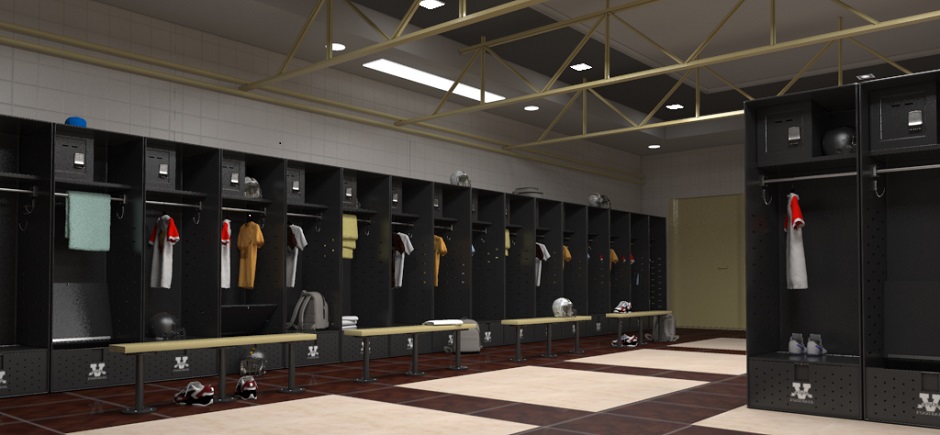Lockers are meant to store valuable and extra materials, but whenever the actual lock isn’t functioning properly, these materials are left undefended against thievery. As a facility manager, you need to take the necessary steps to ensure that the lockers in your school can perform their function. It all depends on choosing the right lock and locker for your school to reduce theft while providing the right storage security for students and faculty.
Identifying Weaknesses in Your Lockers
When you’re assessing the weak points with your lockers, take notice of any prior damage that could make it easier for a thief to gain easy access. This could include any dents that can weaken the structural integrity of the locker. Another common weak point with lockers is the lock itself. Depending on which type of lock you choose, you may be making it easier for people to gain entry.
Any motivated thief will find a way in. They can utilize paper clips as a lock pick that’ll allow them to fiddle with the inner mechanisms of the lock until it snaps open. Even a persistent perpetrator will go to lengths of further damaging the locker if they feel the prize inside is worth the effort. But, while choosing the right lock is important, choosing the right locker could actually make more of a difference.
Benefits of Choosing HDPE Lockers
Metal lockers seem like the obvious choice of storage, but they’re not as durable as you might expect. They can be damaged, and even dented to the point of intrusion. Some schools have begun implementing HDPE (high-density polyethylene) plastic lockers like Duralife and Tufftec, which has yielded positive results. The solid plastic construction provides a durability that surpasses metal. It’s impervious to graffiti, scratches, dents, and any type of damage that would render it useless as a locking mechanism.
Duralife & Tufftec Lock Options
Both Duralife and Tufftec Lockers come with a variety of locking options to choose from. Duralife Lockers offer two types of locking mechanisms. The inset combination lock is secure and only students with the specific combination can gain entry. Duralife Lockers also offer the option of hasps. The benefit is that the student can choose a lock of their choice, whether a combination lock or a key.
Tufftec Lockers, on the other hand, offer a number of different locking options. You can choose the standard padlock, a key, or a coin key. The Tufftec Lockers also feature numerous in-set options like the in-door combination lock, a digilock keypad, or the digilock RFID (radio frequency identification). The RFID lock provides easy access without the need for a key or a combination. The RFID lock uses a proximity card for the locker owner to gain entry, and it’ll only open with the exact proximity card, adding an extra sense of security when leaving valuables inside.
Would you like to learn more about how to take the necessary steps to ensure that your lockers are up to snuff? Check out these free eBooks: Locker Replacement Checklistand The Ultimate Guide to HDPE Plastic Lockers, courtesy of Scranton Products.



